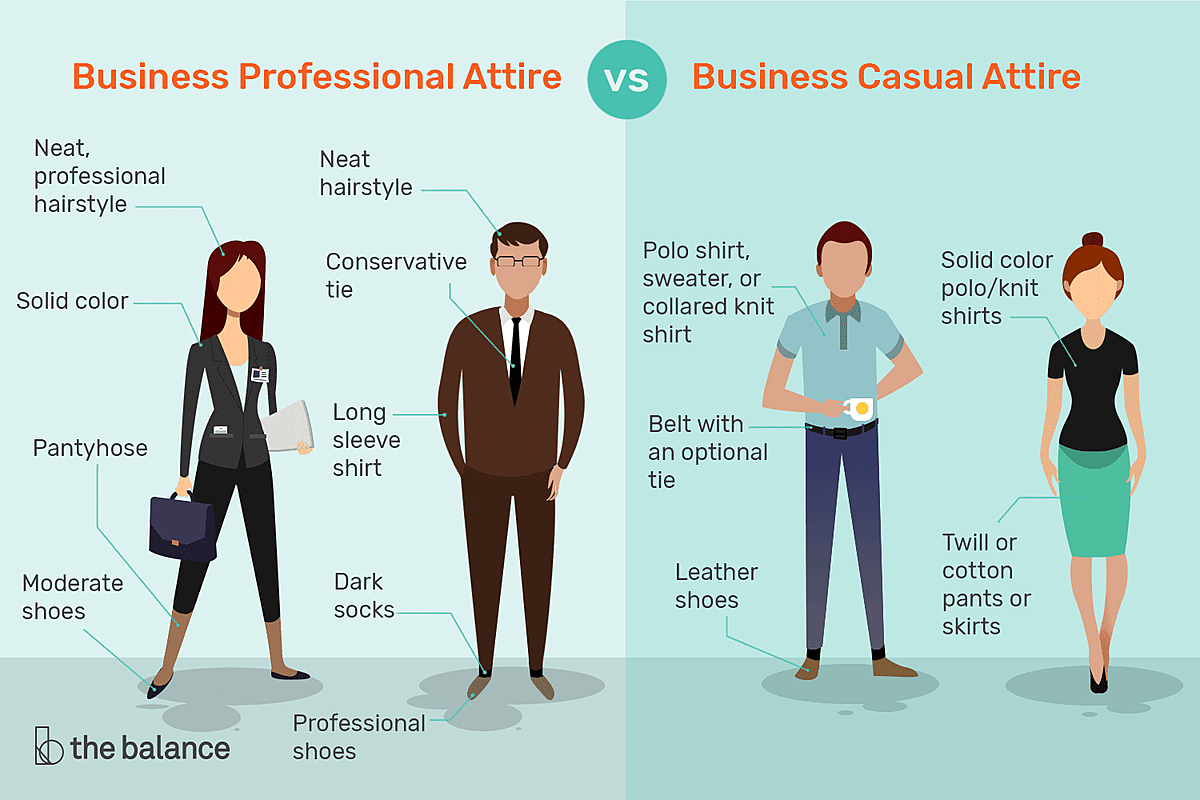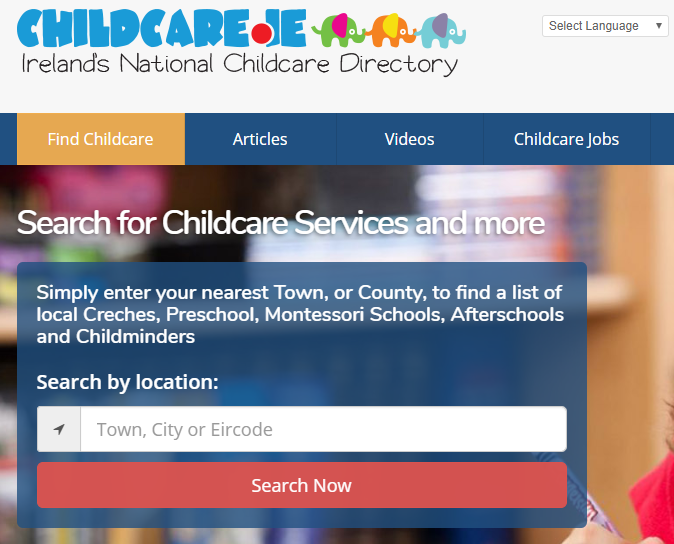To leave family, friends and your old life behind is not easy. You need to have a lot of patience and courage.
You also need to plan a lot in advance, try to save enough money and spend time researching and reading.
That's why this Guide is made for all of you who got courage to stop just talking about how you want a better life for yourself but actually did something to make it happen!
This Guide is for everyone that knows that their happiness depends only on their own actions and that everyone is responsible for their own success.
For all of you who stopped blaming others and made a first step toward your better life.
Let's start!
![]()

